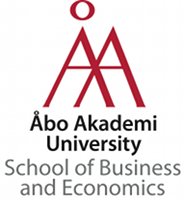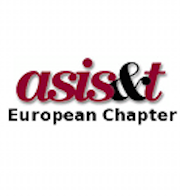There is conceptual chaos in information studies. There is little agreement about proper definitions and usages of core concepts in the field. The field is made up of several sub- areas, each of which brings different traditions, languages and concepts and while some have argued that information studies is an inter-disciplinary field, there is even little agreement about the nature of the central notion in field, information.
Some scholars have sought to find the answer the central question: what is information?, but few have provided responses that have impacted the general direction of the field. Following Geoffrey Nunberg (1996), a first cut at the notion of information could be to divide the notion into i) an abstract conception in which information is a mass-noun that can be counted and measured (“This library contains 10 terabytes information”), and ii) as a particularistic conception in which information has a relation with knowledge (“I need information about…”). The abstract sense of information is often employed in information studies when we speak of information use, information seeking, information retrieval, information organization, information management, information overload, information anxiety, etc. On the other hand, the particularistic notion of information is central to the “user-oriented” agenda in which the concern is to provide people with the right information at the right time to help them answer questions and gain knowledge. While the language of information studies suggests that the interest is to move bits around (manage, retrieve, use, organize, etc.), the heart of the field is actually concerned with the knowledge and meaning generated from information.
Moreover, this division between abstract and particularistic information becomes unsatisfactory, when it is realized that particularistic information is often packaged as abstract information. There is tight connection between the two; they depend on each other – particularistic information cannot exist in and by itself; it is always carried by something and abstract information often have an impact on and mean something to people.
Lately people have engaged with another fundamental question: at an ASIST meeting a few years ago, Jonathan Furner (2011) asked: “what ought information science to be like?”, the following year Michael Buckland (2012) asked: “what kind of science can information science be?”, and recently Birger Hjørland (2013) asked: “is library and information science an academic discipline?” Common for these questions is a desire to bring order to the chaos and provide a path forward for information studies.
This talk will explore the nature of information studies and the notion of information to provide a conceptual foundation for the field in which the relationship to the notion of meaning outlines the structure of the field.
> Keynotes



